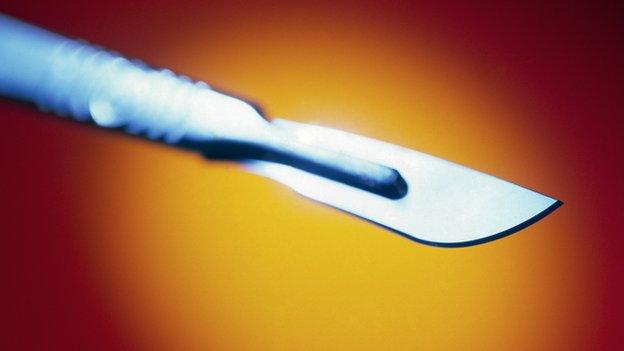Funding to tackle female genital mutilation in Scotland
- Published
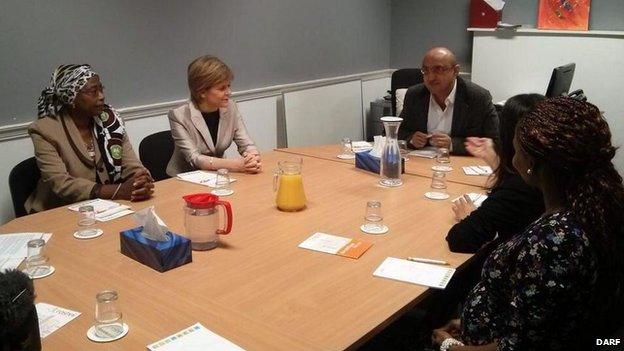
First Minister Nicola Sturgeon (pictured second left) meeting members of the Darf and Roshni charities
The first minister has announced nearly £220,000 of funding to prevent female genital mutilation (FGM) in Scotland.
The money, which will go to charities who work in this area, will be used to raise awareness and help those affected.
There are 3,000 girls in Scotland born of mothers who come from FGM-practicing countries.
The announcement came after Nicola Sturgeon met representatives from charities tackling the issue.
The World Health Organisation describes, external FGM as the removal or injury to female genital organs for non-medical reasons.
It states the practice "reflects deep-rooted inequality between the sexes, and constitutes an extreme form of discrimination against women".
The organisation estimates FGM has happened to 125 million girls and women - mostly to those aged no older than 15 - in 29 countries in Africa and the Middle East.
'Held to account'
Ms Sturgeon said the funding will be directed towards community engagement projects as well as awareness-raising, training and support services.
She said: "Female genital mutilation is an unacceptable and illegal practice. It is a form of violence against women and a violation of the human rights of women and girls. It has no place in the Scotland we all want to live in.
"There is excellent work being done across Scotland to raise awareness and promote understanding of the complex issues of FGM.
"I'm pleased that this new funding will help to provide people from communities affected by FGM with a platform to have their voices heard on ending this practice in Scotland."
She added: "I am determined that those who commit FGM abuse will be held to account and we will work with all our partners and with communities to ensure that we can protect those at risk."
- Published22 July 2014
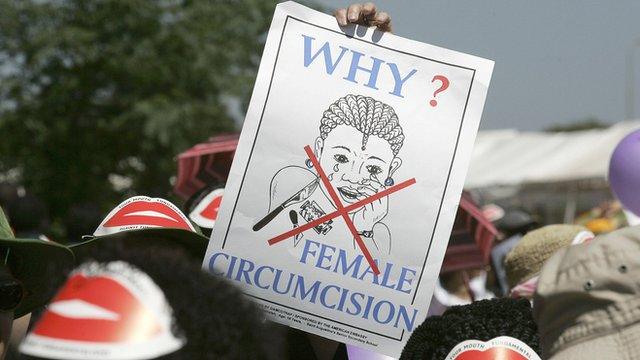
- Published8 February 2014
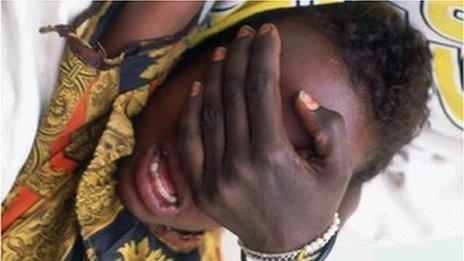
- Published15 November 2013
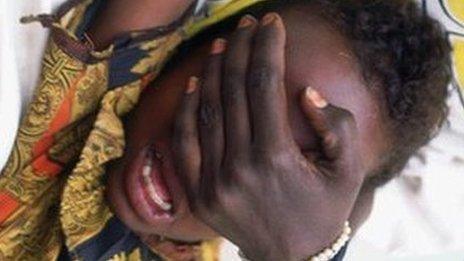
- Published22 July 2014
